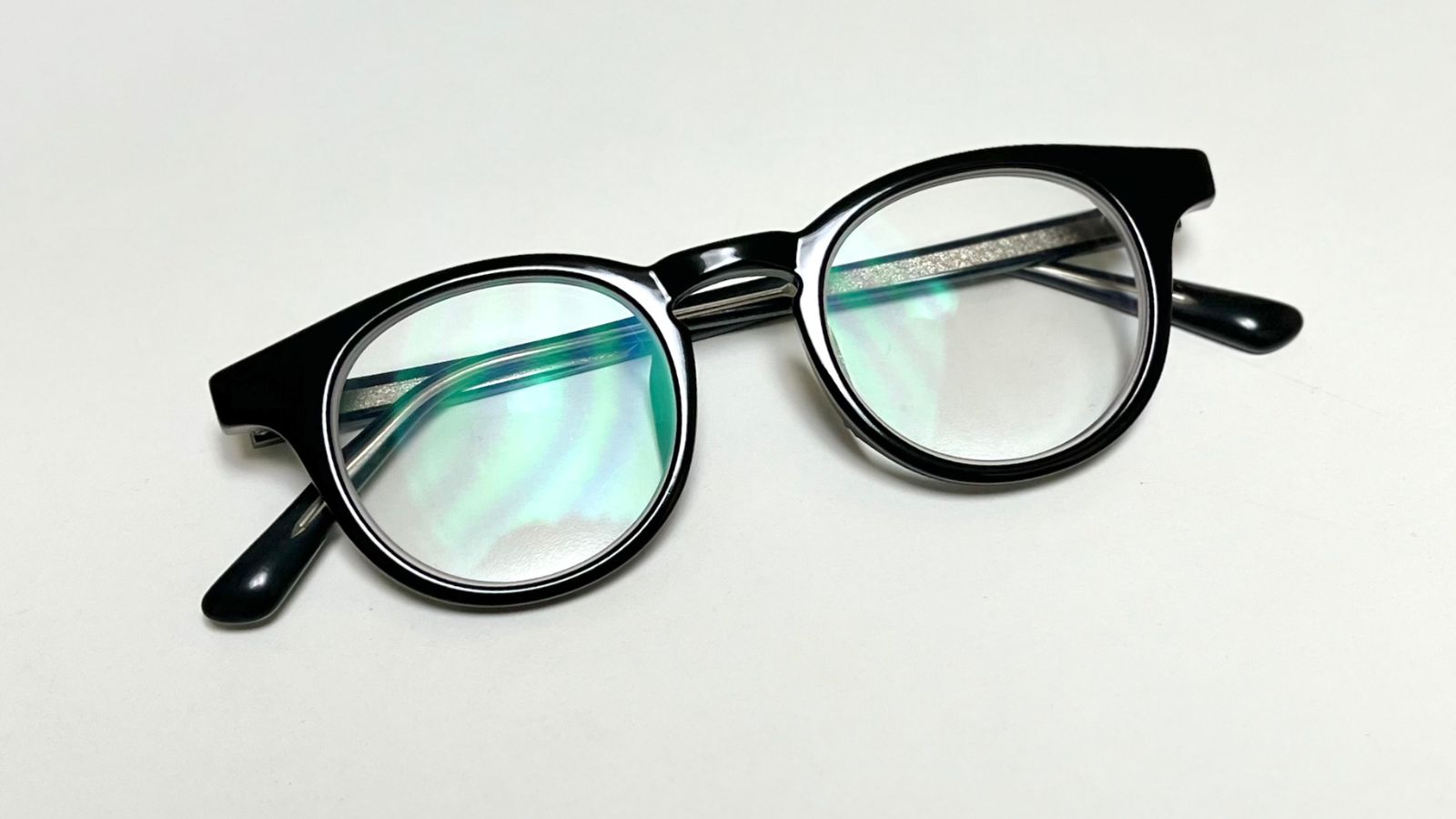Today, when buying eyeglasses, most people give importance to their style and cost. However, there are many other factors to consider when opting for a pair of glasses, such as durability, comfort and flexibility, and whether they are lightweight and corrosion resistant.
Frames are made of different materials, including acetate, plastic, metal, eco-friendly and titanium. Apart from this, some frames are made of mixed materials; for example, a frame made of plastic can have temple pieces made of titanium.
Different people opt for different frame materials depending on their personal style, preferences and lifestyle.
Below are the different types of frame materials available for your selection.
Table of Contents
ToggleGlasses frame comparison
Titanium
Stainless Steel
Acetate
Plastic
Eco-friendly
Affordability
✔
✔
✔
Lightweight
✔
✔
✔
✔
✔
Durability/Toughness
✔
✔
✔
Flexibility
✔
✔
✔
Corrosion-resistant
✔
✔
Hypoallergenic (unlikely to cause allergies)
✔
✔
✔
Various style options
✔
✔
Metal
Glasses made of metal consist of alloys (a mixture of metals), stainless steel and titanium.
Titanium: Durable, strong and lightweight, titanium is a highly valued frame material that is comfortable to wear. It is corrosion-resistant from sweat, water and other environmental factors, making it a reliable choice. Titanium is hypoallergenic and nickel-free, making it suitable for people with sensitive skin or metal allergies.
Stainless steel: This metal is durable and corrosion resistant. Stainless steel is a high-quality eyewear choice that is comparatively more economical than materials like titanium, so individuals do not have to compromise on style or quality. This material is resilient and rigid, which helps in maintaining the frame’s shape and structure, making it a dependable choice.
Acetate
Acetate glasses are versatile, comfortable and stylish. Made from renewable resources such as cotton and wood pulp, acetate is a plant-based and environment-friendly plastic material. Since acetate is lightweight, its frames are comfortable to wear all day long.Acetate does not contain petroleum, making it suitable for people with skin sensitivities and allergies. Furthermore, the manufacturing process of acetate allows for vibrant colours and patterns, resulting in distinctive frame designs. Additionally, acetate frames are recommended for higher prescriptions, as they can easily conceal the lens thickness compared to a metal frame.
Eco-friendly
Environment-friendly glasses are usually made from two materials, bamboo and wood. This sustainable and natural frame is made using renewable resources, making it an ideal choice for environmentally conscious people.
Wooden frames are comfortable and lightweight, allowing you to wear them throughout the day. Additionally, bamboo and wood frames feature distinct natural patterns and grains, allowing you to showcase your unique style.
Mixed materials
Many glasses are made using mixed materials and are called hybrid frames, offering the best of both worlds. For instance, acetate and metal eyeglasses combine the strength and durability of metal and the lightweight feel and vibrant colours of acetate. There is also the combination of metal and wood, which provides the structural support of metal and the sustainability and unique aesthetic of wood.
Whether you are a seasoned glasses wearer or purchasing your first pair, you should know about the different types of frame materials and their benefits. Only after having all the information, you can make an informed decision about buying glasses that cater to your personal needs and preferences.
The suitable frame material not only boosts your style quotient and comfort but also impacts the performance and longevity of your eyeglasses. However, before choosing any material, ensure that you are not allergic to it, or simply go for a hypoallergenic material frame. At Feel Good Contacts, you can choose from a wide array of frame materials and find a perfect pair that matches your visual needs and lifestyle.






